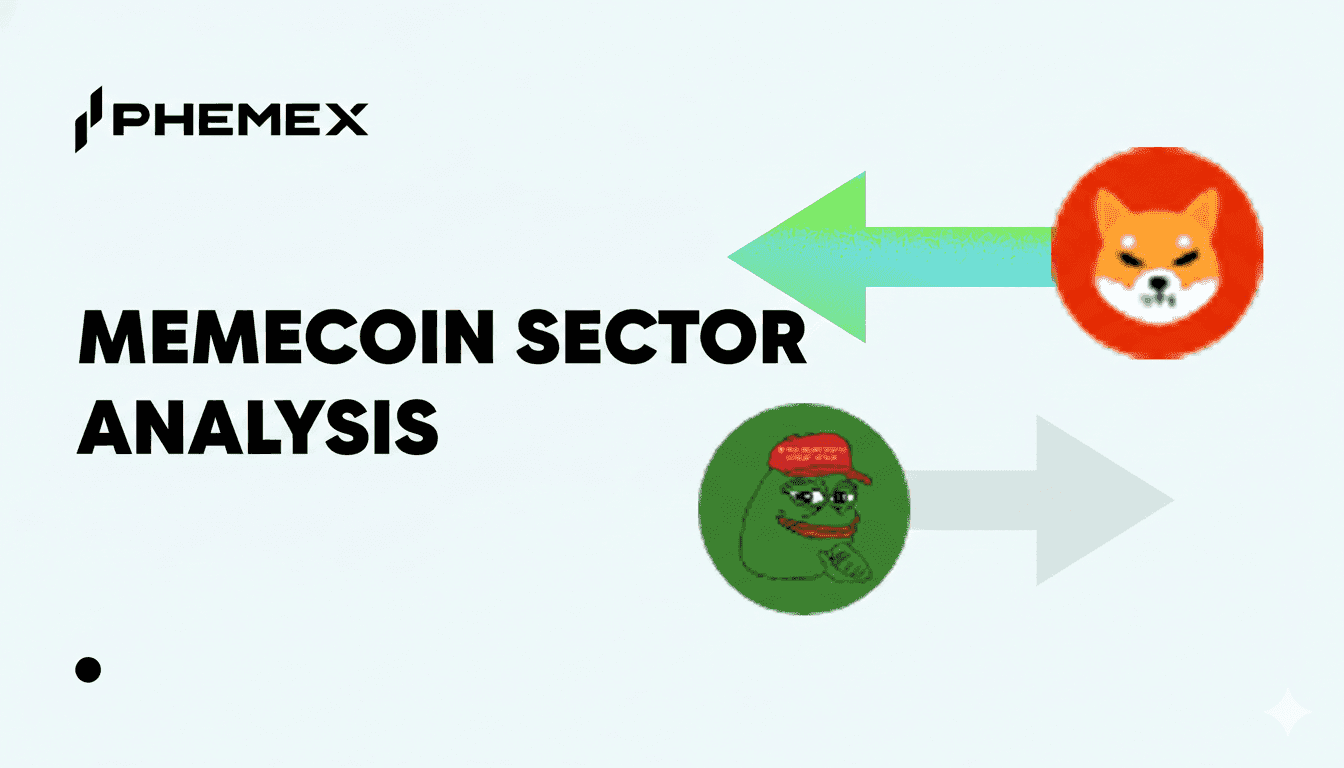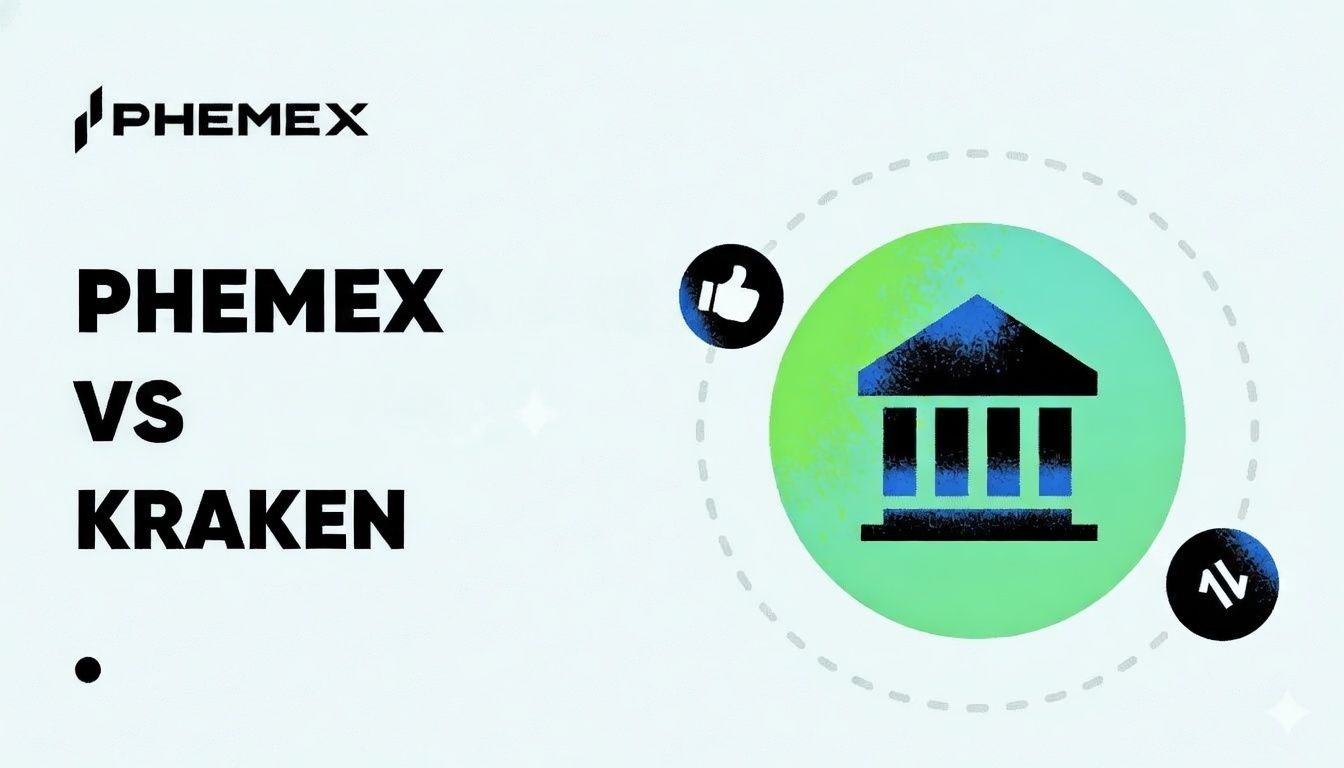Many have attributed the November 2024 cryptocurrency market pump to be catalyzed by Donald Trump’s victory in the U.S. presidential election. After all, the cryptocurrency industry donated over $100 million into the U.S. elections. On election night, Bitcoin immediately shot up to an all time high of over $75,000 and has climbed even higher to over $90,000 ever since. It’s clear that of the two candidates, Trump was much more crypto-friendly compared to Harris, and his victory has encouraged the crypto community to anticipate more favorable regulation and promotion. So what exactly should we expect from the Trump administration in regards to cryptocurrency, and which verticals within the blockchain industry stand to gain or lose the most?

What Trump Has Already Done for Crypto
Many crypto enthusiasts favored Trump over Harris for several reasons. This year, Trump expressed strong support for cryptocurrency on the campaign trail, a notable shift from his earlier skepticism. At the Bitcoin conference in Nashville in July, he proposed establishing a federal Bitcoin reserve and emphasized the need to attract more Bitcoin mining operations to the USA. His most welcome assertion also came at the same conference, when he pledged to remove Gary Gensler, the chair of the Securities and Exchange Commission (SEC). Gensler has faced widespread criticism in the crypto community for filing numerous lawsuits against crypto projects for alleged securities law violations, with many accusing him of hindering innovation. Indeed, following Trump’s victory Gensler has since announced that he would be resigning from his position as SEC chair effective January 20, 2025, which is when the new president will be inaugurated.

Another reason that many crypto enthusiasts are energized by Trump is via his close relationship with Elon Musk, a prominent technologist and supporter of certain cryptocurrencies on social media. Dogecoin, which has historically been tied to Musk despite the fact he was not personally involved in its development, surged 25% on election night and has since continued to soar to around 40 cents. Musk will likely plan a significant role in Trump’s administration as he has already been picked to lead the newly created Department of Governmental Efficiency (DOGE) with the aim of reducing bureaucratic waste. The presence of symbolically “pro-crypto” figures in the new executive branch will certainly be a welcome change to what the cryptocurrency sector has been accustomed to in the past.
World Liberty Financial - Trump’s Own Crypto Project
World Liberty Financial is a DeFi project co-signed by Donald Trump and his family members, including Eric Trump, Donald Trump Jr., and Barron Trump. Launched in mid-October 2024, it aims to reinforce the global prominence of the U.S. dollar within the DeFi ecosystem while simultaneously raising funds for the Trump campaign through the sale of WLFI governance tokens. However, the project did not achieve immediate success because its initial fundraising target of $300 million had to be slashed down to $30 million by October 31st due to mediocre token sales. This may not come as a surprise given that the World Liberty Financial website did not spell out any specific objectives and only announced some vague plans around lending and borrowing DeFi services as well as potentially launching a stablecoin. Nevertheless, WLFI received a big boost from the TRON foundation on November 26th when founder Justin Sun made a $30 million investment into the project. Time will tell whether Sun’s support of World Liberty Financial will spark renewed interest and growth.

Potential Crypto Legislation under a Trump Administration
As Donald Trump awaits official inauguration into office, rumors have already swirled around potential actions he could take once in office that would greatly impact the crypto space. One such speculation is the official creation of a “crypto czar” position inside the U.S. executive branch of government. It would be the first crypto-specific role within the federal government and the appointee would manage cryptocurrency policy and regulation while serving as a bridge between Congress and the White House. Trump’s team is reportedly meeting with cryptocurrency industry leaders to discuss the position in depth, and names such as Ben Armstrong (Coinbase CEO) and Brad Garlinghouse (Ripple CEO) have possibly been floated.
Another groundbreaking rumor is the groundbreaking tax plan which could see Trump removing capital gains taxes on cryptocurrencies issued by American companies. The proposal seeks to establish the U.S. as a global hub for cryptocurrency by encouraging companies with crypto assets to base their operations in America. Eliminating the capital gains tax would allow investors to profit from crypto assets without any tax liability. Conversely, many policy experts and even crypto enthusiasts believe such a tax break to be unrealistic because companies can use it as a tax loop-hole without actually being heavily involved in digital assets.
Finally, Trump’s vice president JD Vance has historically been a proponent of blockchain technology. As a former venture capitalist, Vance reportedly holds around half a million dollars in Bitcoin and supports crypto as a way to unlock financial access for the wider American population without enriching large, established banks. In the past he has touted the importance of blockchain innovation, especially in developing utility surrounding cryptocurrencies. This stance bodes well for sectors such as DeFi that seek to establish concrete use cases, as opposed to meme coins which have notoriously lacked utility.
Read More
- Elon Musk's Impact on Cryptocurrencies
- What is Restaking - The Possible Future of DeFi?
- What the 2024 Election Means for Crypto
- Phemex Analysis in A Minute: How to Trade $TRUMP Like a Pro
- Top Crypto Trends Heading into 2025
- Elon Musk’s Impact on Cryptocurrencies
- Phemex Analysis in a Minute: BTC to $70,000 Amidst US Election Volatility
- Are NFTs dead or are they making a comeback with Trump?
- Resurgence of DeFi: LINK, AAVE, and New Developments like HYPE
- July Crypto Market Analysis









